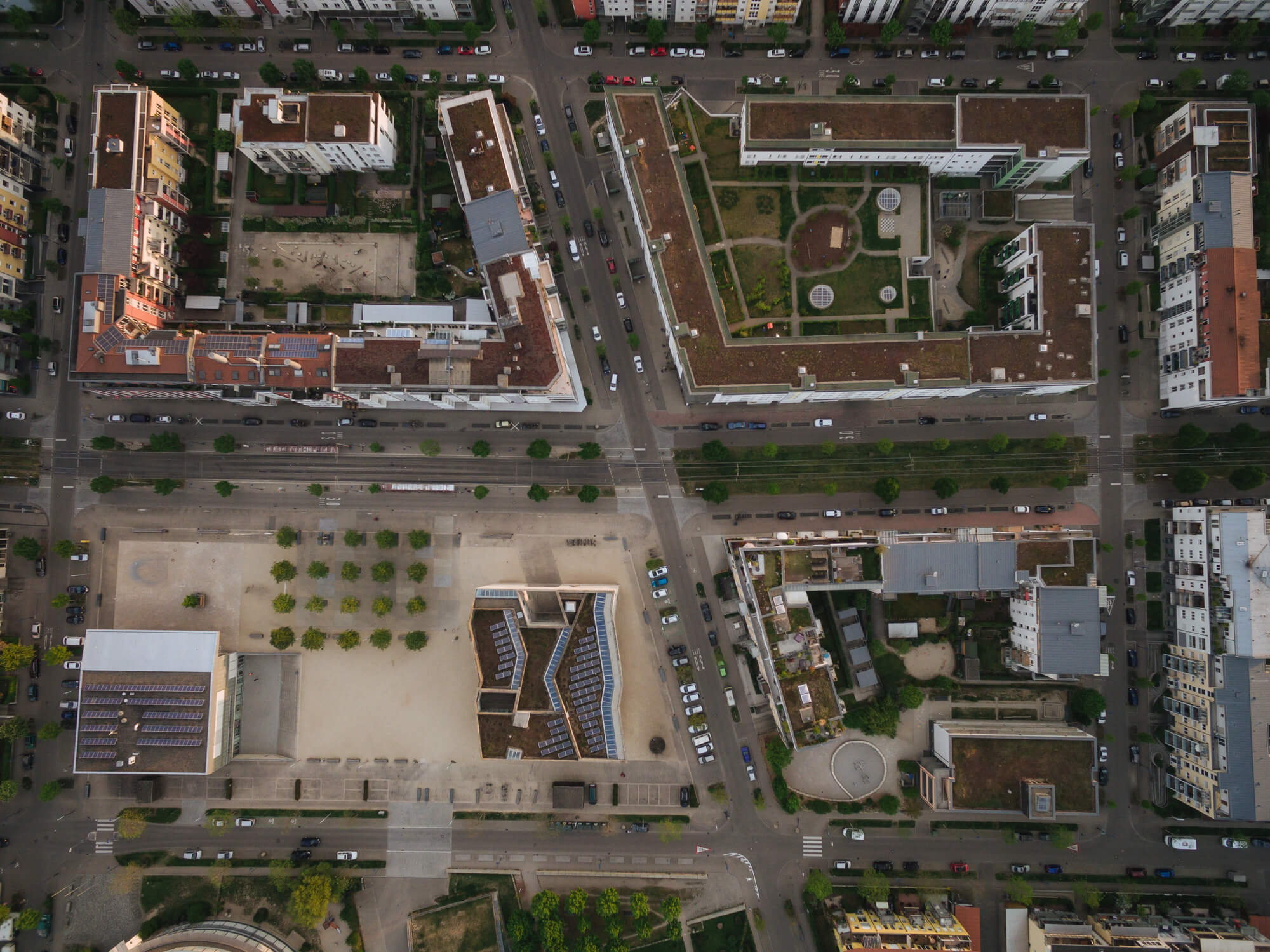A review of draft laws registered from June 10 to 23, 2024.
During this period, 30 draft laws were registered: three international treaty ratifications by the President, four governmental, and 23 by MPs. The economic reservation we discussed in the previous issue remains relevant today. People’s deputies propose allowing exemptions for those paying a higher military levy (over UAH 20,000 per month). They have also suggested banning forced detention and compulsory transport to territorial recruitment centers (TRCs) for those eligible. Apart from military topics, the bills aimed at strengthening environmental protection also draw attention.
Economic reservation
Bills 11331 (introducing changes regarding the possibility of reservation in the mobilization law) and 11332 (defining the size of the military levy in the Tax Code) propose creating opportunities to reserve an employee if the employer (company or sole proprietor) pays an increased military levy for them—at least UAH 20,400 per month (1,200 untaxed minimum incomes of citizens).
Alternative draft laws 11331-1 and 11332-1 propose reserving employees who earn more than UAH 36,366 (12 subsistence minimums for non-disabled persons as of January 1, 2024).
Another alternative draft, No. 11331-2, proposes allowing the reservation of employees only under both conditions: if the salary exceeds UAH 36,000 and if the monthly military levy of UAH 20,400 is paid. Additionally, the enterprise must not have any arrears in salary or tax payments. As for individual entrepreneurs, they should have been in operation for at least six months before the adoption of this law, and their income must exceed UAH 61,200 per month (which is three times the size of the military levy for reservations).
Ban on forced detention and compulsory transport of potential draftees to territorial recruitment centers
During mobilization, men aged 18 to 60 must carry a military identification document (a registration certificate for conscripts, a military ID or temporary conscription certificate for those eligible for military service, and a military ID for reservists). In case of its absence, Bill 11336 requires carrying an identity document (passport, driver’s license, refugee identification, etc.) and a document confirming that the holder is not subject to mobilization or is eligible for draft deferral.
Under the draft law, if an eligible individual fails to appear at the TRC after the first summons, the center’s head should contact the police to locate the citizen and deliver a repeat summons rather than detain and transport them to the recruitment center as is currently done.
It is prohibited to summon individuals to the recruitment center on the same day the summons is received or to use force to transport citizens to the recruitment centers. Additionally, the project proposes that citizens may record the document verification process on video.
If the recruitment center determines that the provided documents cannot grant a draft deferral, they inform the citizen in writing. The notification includes an explanation of the reasons for refusal and a list of documents required to obtain the deferment.
The advantages of the draft law are as follows:
- Photo and video documentation of the document verification process ensures greater transparency and monitors the actions of authorized personnel.
- The prohibition of summoning on the same day as receiving the summons and the use of force prevents abuse by recruitment center staff.
- Written justification for deferment refusal and the ability to involve the police in locating citizens ensure the protection of citizens’ rights.
Permission to use specially valuable lands and forests for the army
Bill 11335 proposes allowing the change of forest and land use designation, including especially valuable lands (such as black soils, peatlands, lands designated for nature reserves and conservation, and lands of historical and cultural significance), for the needs of the Armed Forces of Ukraine (AFU). For example, this could involve placing military units, educational institutions, and similar purposes.
The project also stipulates that the Armed Forces would not compensate for losses incurred when using forested areas for military purposes.
The bill prohibits changing the intended use of plots designated as defense lands to mitigate the risk of these lands becoming sources of corrupt schemes through subsequent designation changes. It also prohibits constructing social-cultural facilities and residential buildings on these lands.
Striking a deal with the investigation regarding corruption crimes
The Cabinet of Ministers of Ukraine, as part of the implementation of the Ukraine Facility, proposes motivating minor corrupt officials to expose their “superiors” (top-level corrupt individuals) by promising them lighter punishments. If a corrupt official reaches an agreement with the investigation, the court may impose, for example, a fine or probation instead of imprisonment. A suspect may negotiate a guilty plea agreement, even for very serious crimes, provided they compensate for damages. Bill No. 11340 aims to improve the procedure for concluding plea agreements, particularly for corruption crimes.
Note: a plea agreement is a mutually agreed arrangement between a prosecutor and a suspect/defendant, wherein the latter fully and unequivocally admits guilt. It includes obligations for the suspect/defendant to cooperate with the investigation to expose criminal offenses committed by others.
As of today, fines can only be imposed as an additional punishment when provided for in the sanction article of the relevant law. The bill proposes exclusively allowing fines as extra punishment for corruption offenses in cases not specified by the statute, provided a plea agreement is reached.
The project also specifies the amount of such fines, ranging from UAH 204,000 (for committing criminal misconduct) to UAH 204 million (for committing an especially serious crime). In cases involving corruption offenses (with a maximum imprisonment term of no more than eight years), the court, under the draft law, might exempt a person from serving their sentence (imprisonment) if they have reached an agreement with the investigation and admitted guilt. According to the bill, a plea agreement could be concluded in proceedings concerning particularly serious crimes investigated by the NABU (such as abuse of power, illegal gains by public officials, illicit enrichment, etc.), provided that there is complete or partial restitution of damages.
Law on prevention and control of industrial pollution
The new Euro-integration draft law (No. 11355) requires enterprises to obtain special permits (integrated environmental permits) for activities that may harm the environment.
Following the example of the EU, Ukraine (through the Ministry of Environment) would establish a document titled “Best Available Techniques Conclusions,” which would describe the best available technologies and management methods, set emission limits, requirements for emission monitoring, resource and energy consumption, and measures for pollution prevention.
The Ministry would assess enterprises’ applications for permits to engage in activities that may harm the environment against these conclusions. Subsequently, these applications would be published for public discussion, after which the Ministry would make decisions regarding the issuance of integrated environmental permits.
Changes in civil defense
Bill 11345 proposes significant changes in the field of civil defense.
Civil defense encompasses a set of measures aimed at protecting people during emergencies (such as fires, floods, technological accidents, etc.) and minimizing the consequences of such events.
Previously, each enterprise independently decided whether it needed emergency rescue services. Now, the focus is on specific facilities and areas with high risk. Such services would be mandatory for facilities at increased risk, where the risk of accidents or disasters is particularly high. The list of these facilities would be approved by the State Emergency Service of Ukraine (SESU).
The draft law introduces new rules for accounting for protective structures (bomb shelters, protective bunkers, etc.). From now on, each shelter must be registered and undergo technical inventory. This would help to know the exact number and condition of such structures. Additionally, the project stipulates that shelters should be mandatory for new construction projects (multi-apartment buildings, dormitories, educational and healthcare institutions, social protection facilities, administrative service centers, subway stations, railway stations, airports, ports, supermarkets, or warehouses).
The bill clarifies who is responsible for what in civil defense. For example, local authorities could independently decide whether to use protective structures when liquidating enterprises under their jurisdiction.
Attention
The author doesn`t work for, consult to, own shares in or receive funding from any company or organization that would benefit from this article, and have no relevant affiliations



